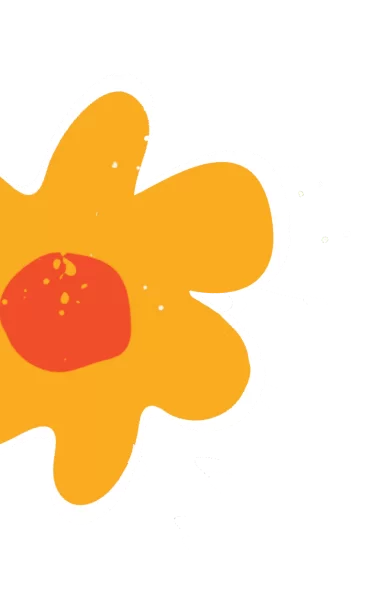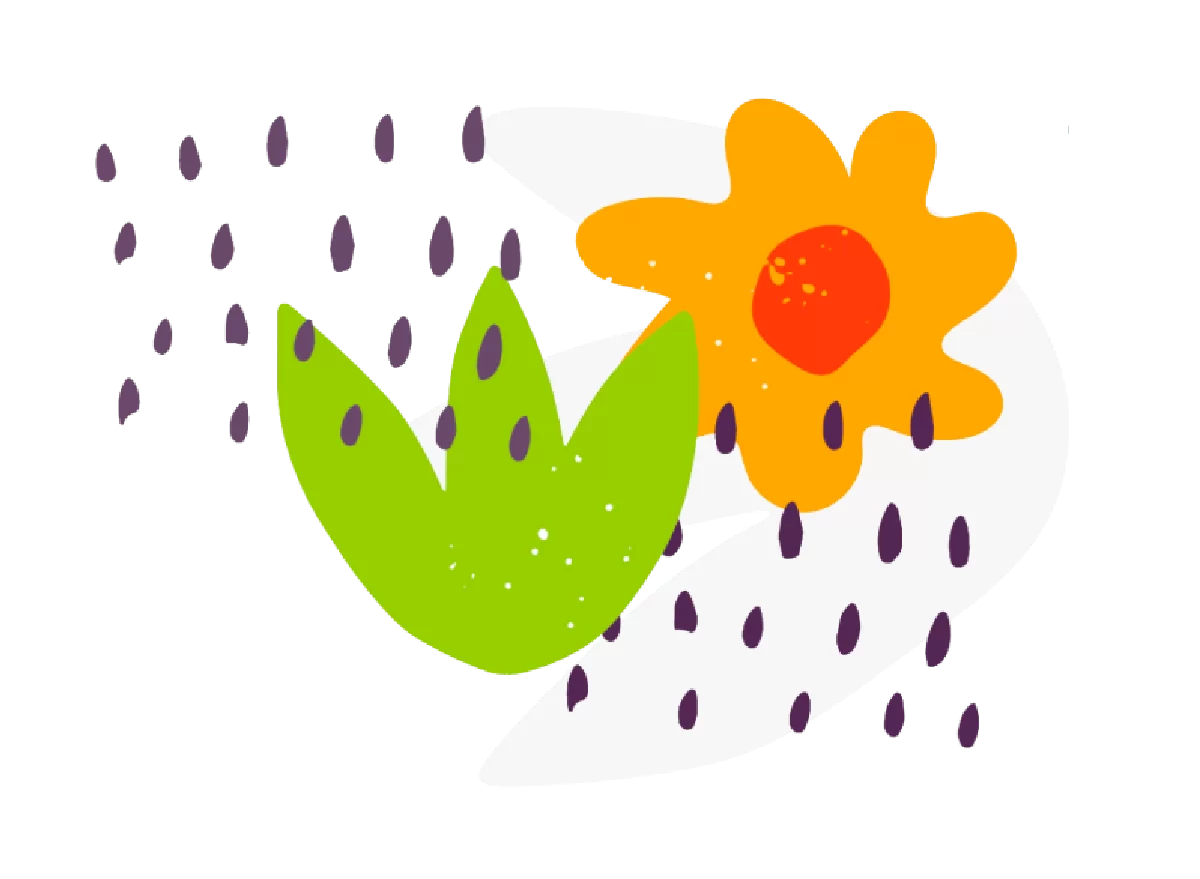Creating stability for children who have instability in their lives.
This session looks at the different types of transitions for young people and how you can support them through it.
Children feel confused and lost moving through the system; parents are hurt and often frightened about the changes happening around them, whilst practitioners are under pressure to ensure all young people are safe and provided the right support. Everyone in social care experiences transitions, this session helps us understand what they are and how best to support children experiencing them.
Transitions happen to all children, they have big ones like changing schools, moving house and coming into care. They can be everyday experiences like returning from break time, going home, or starting something new. For children who are supported by social care transitions can be the changing relationships, an intervention or change in living circumstances.
It’s important to recognise that we all know what it is like to transition, we could be anxious about starting a new job, feel the ambivalent nervous-excitement about starting a relationship or having to shift our mind from a fun weekend to a focused Monday. Transitions happen to us all, but for young people who may have experienced instability in their lives, their transitions may need some extra support.
Trauma and transitions can be linked. Imagine what it’s like for a young person who has just come into care and started a new school, they will come with a host of difficult feelings. The changing of a classroom teacher may remind them of feelings of abandonment which can result in it being hard to focus. We don’t know how children will be impacted by transitions until they happen, but we can learn the skills to support all young people through them.
This session explores the various transitions young people go through and how childhood experiences impact the way young people manage them. Starting with the transitions in the family, then within school and onto social care. Giving you a clear picture of the different types of transitions, how they can impact young people and what you can do to enable them to feel safe, supported and stable.
Learning Outcomes:
- Recognise the different types of transitions within the family, school and social care
- Understand how instability in childhood can impact how young people respond to transitions
- Learn ways to support young people who have unstable home lives
- Recognise how transitions can trigger previous trauma and gain skills to co-regulate with young people
- Spot the signs when a young person may be struggling with transitions
- Develop skills to create positive transitions for young people















